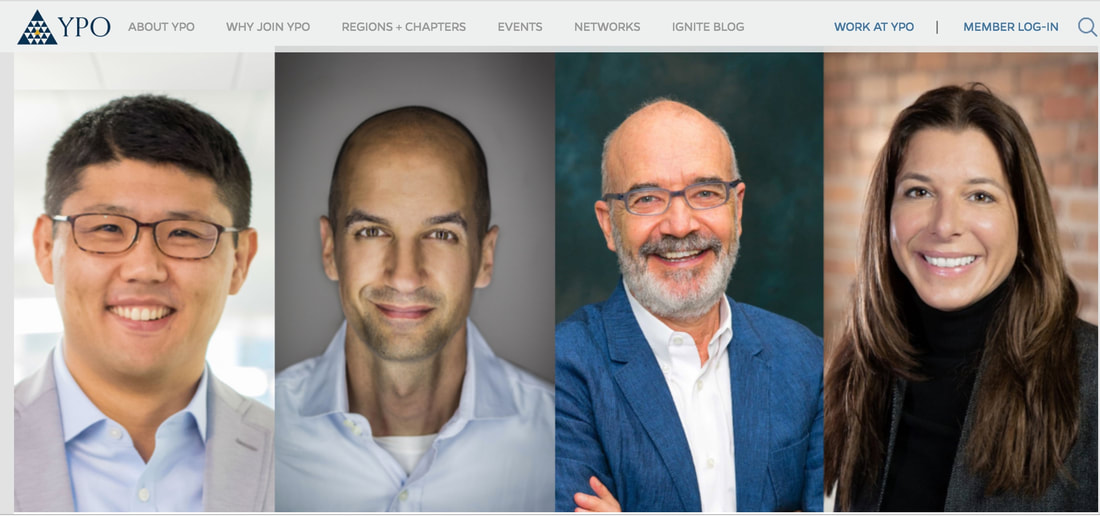|
Excerpt from YPO's digital magazine
By Victoria Harres, YPO Family business leaders have less appetite for risk, usually wait for others to innovate, are less likely to plan for innovation and are more focused on internal process. Entrepreneurs are more likely to be innovators, have more appetite for risk and innovation, and to consider their own companies innovative. They are also more likely to invest in talent innovation. Professional managers are more likely to recognize the need to innovate and proactively plan for innovation, are more concerned about customer experience, but more hesitant to invest overall. That said, professional managers are more likely than entrepreneurs and family business owners to invest in business model innovation and technology innovation. Professor Randel S. Carlock, Berghmans Lhoist Chaired Professor in Entrepreneurial Leadership and founding director of the Wendel International Centre for Family Enterprise at INSEAD explains these findings: Comparing founder-entrepreneurs, family business leaders and “professional” managers is tricky because it is like asking who is the better athlete? A basketball player, a footballer or tennis champion; the answer is they all have different skills and capabilities because they are playing different games. If you think about it, every family business was started or built by an entrepreneur and if they are successful, they are run by professional executives. I would argue that the research clearly demonstrates that the three models of business leadership bring different strengths to their firms. Family businesses compete on a long-term vision, patient ownership and tend to be in more stable industries, so by definition they will be less likely to make innovation their key success factor. These leaders focus inward to meet the emotional needs of their family and stakeholders. They are driven by strong values and are disproportionally ranked as the best places to work. It is also important to point out that research shows that 52 percent of the family business successors (the next generation) state they probably will have a different leadership focus than that of their predecessors. Entrepreneurs are building something new, so by definition they are innovating. Founder-entrepreneurs wake up each day knowing that they control their own businesses and are solely responsible for planning strategy, investment and governance that will make them successful. They have created a venture that gives them the freedom to achieve and enables them to live life on their own terms. Successful entrepreneurs are a “majority of one” driven by their vision so they don’t have to waste time on board fights or planning. Their vision provides a roadmap their plans and actions. Entrepreneurs exploit this advantage by making quick decisions and aligning their employees around themselves and a powerful shared vision. The professional manager’s behavior is that they must focus on technical skills and knowledge because they do not usually have the control that ownership provides. This means they focus on technical tasks such as strategic planning to create success, and in a dynamic marketplace, innovation is a great technical skill. Their position also doesn’t give them the personal power in the organization that a family leader and entrepreneur have naturally. Carlock’s advice for CEOs
Read the entire article here: www.ypo.org/2019/06/4-experts-weigh-in-on-innovation-as-a-business-imperative/
6 Comments
|
AuthorsDr Randel S. Carlock is a business professor at INSEAD, coach, family therapist, entrepreneur, and former CEO and Chairman of a NASDAQ listed company. Archives
June 2019
Categories |


 RSS Feed
RSS Feed